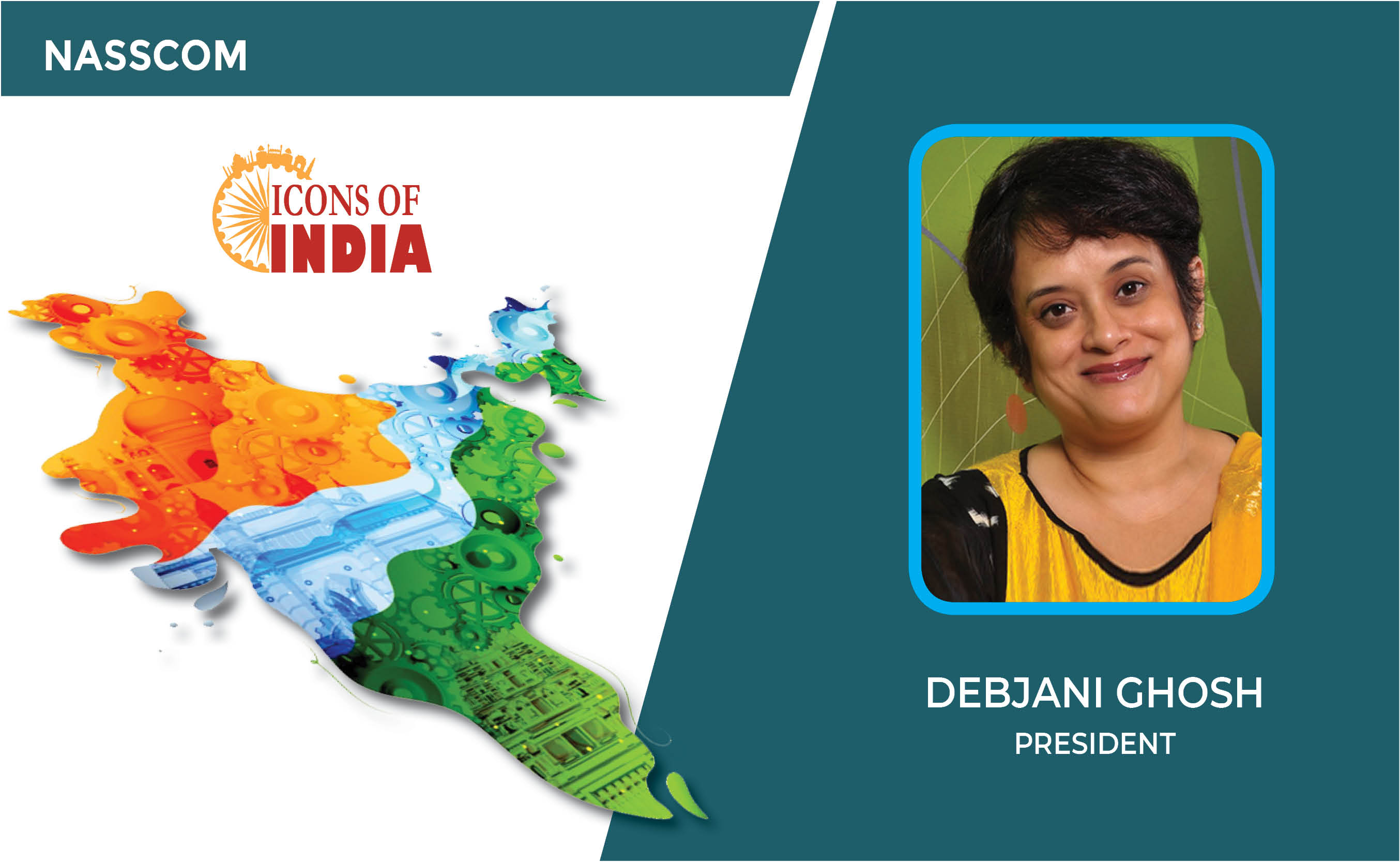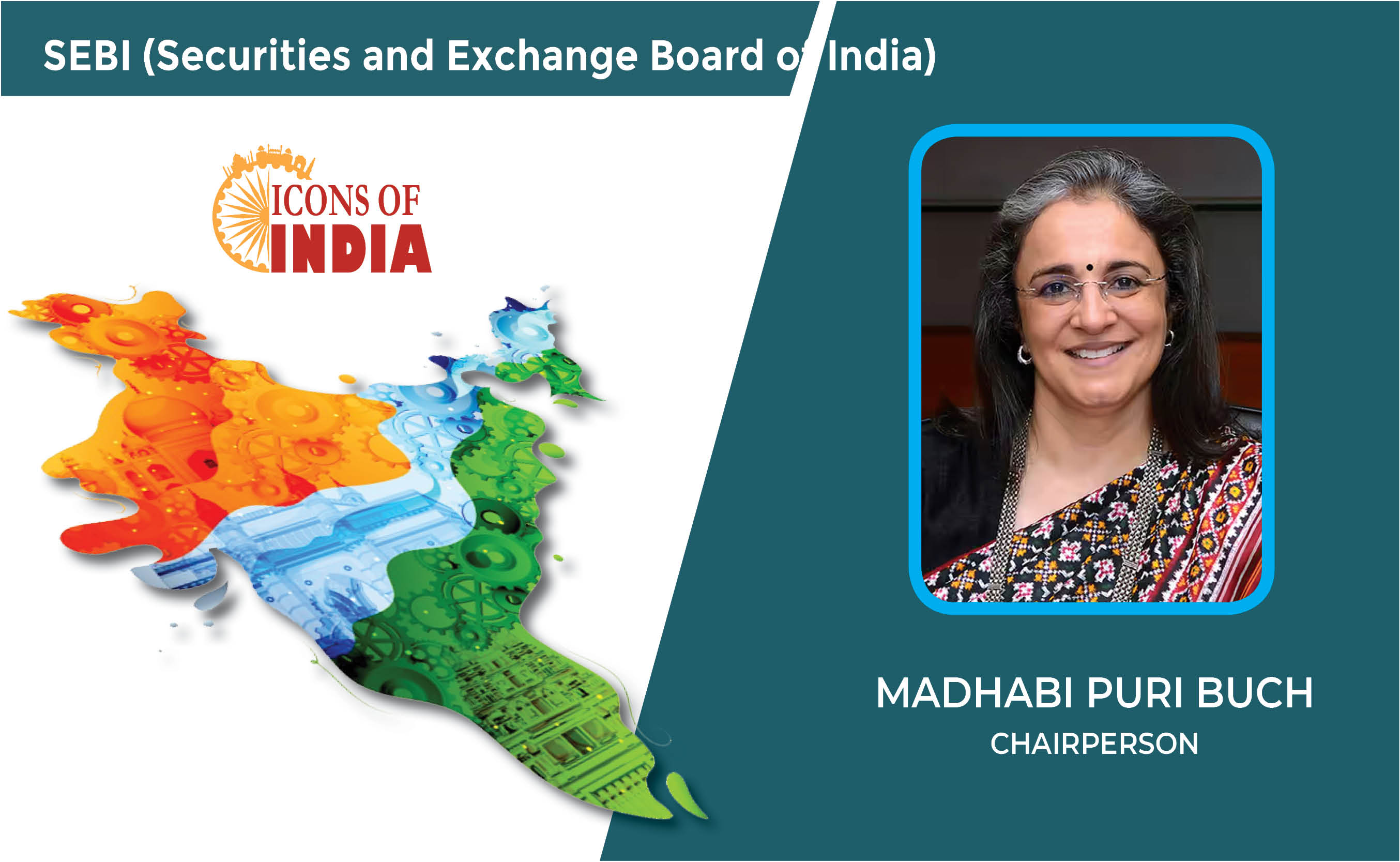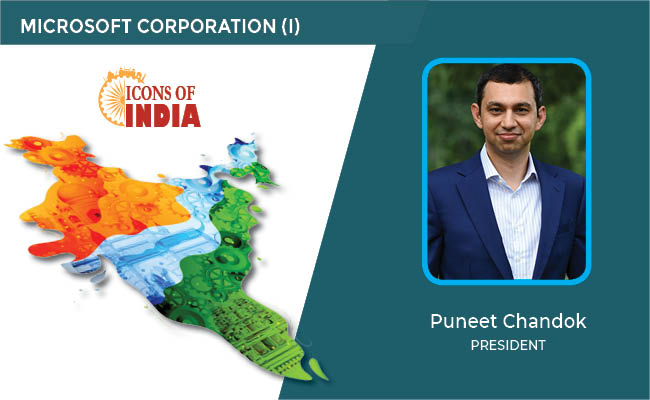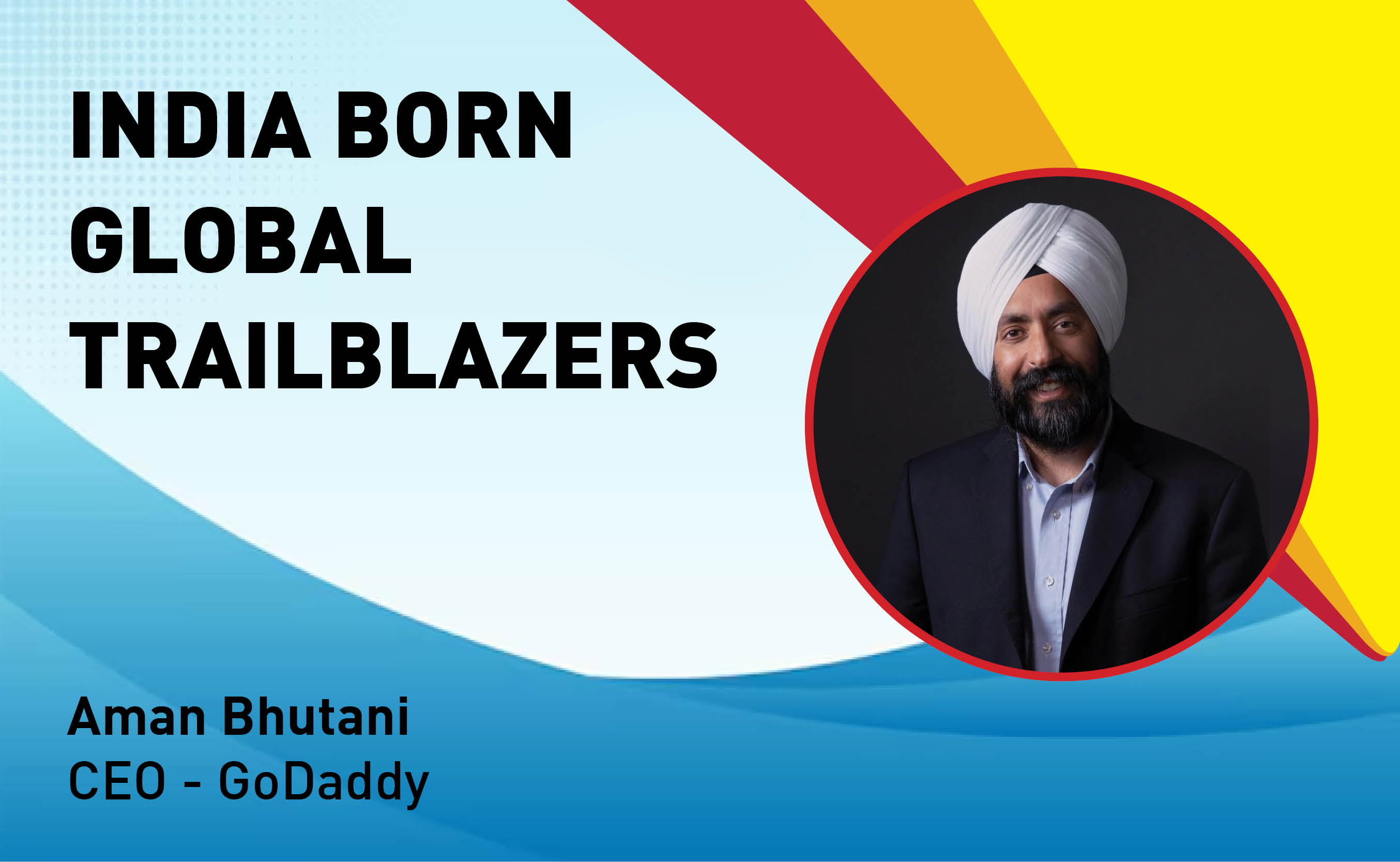India's Stand on data protection, challenge to tech giants' business roadmap
By MYBRANDBOOK

It is true that India want to ahead in Digital Economy and at the same time, no Indian will compromise on the security of the citizens. We need to understanding on how technology can help us in showing your all secretes to the technology companies at free of cost, which they position as power of digitisation, which is said to be the brighter side and at the same time it can also put you in many problems like hacking, unnecessary calls from various agencies and also could take you for the financials loss.
Tech giants and e-commerce biggieswho are expecting a big hope on free taking data, data privacy and Taxation issues, which India is thinking on a serious note. Now, it will be on the controlled environment and will be under intense scrutiny. India’s proposed Data Protection Bill aims to create an environment that would restrict dominance of foreign companies and help home-grown startups prosper.
Recommendations of Justice B N Srikrishna committee to the government, says on how organisations should collect, process and store data of Indian citizens. It deals in privacy and security of their personal information and data. This has implications for consumers, businesses and even inter-government ties, particularly those between India and the US.
There is a proposal to amend the intermediary rules that regulate Internet companies and social media firms such as WhatsApp, Facebook, Twitter, and Google, among others. The aim is check the ability to collect and use data. It also seeks to curb spreading of misinformation and prevent alleged snooping on Indian users.
Government has made it mandatory for every data fiduciary - any entity processing personal data - to locate the storage or server or data centre in India. Failing to abide by these will attract fine.
One of the critical features of the proposed Bill is to give users the right to choose. Right to privacy is a “fundamental right”. Naturally, it’s the users who would then give consent to Internet-backed companies to collect, store and use data they generate while using their products or services. Thus, the onus is on the users to make informed choices. Once India’s Bill is passed, not only social media firms, but all companies that run their business backed by Internet will fall under the Act.
But data remains highly vulnerable to misuse. India’s decision to fast-track the data privacy Bill comes within a few weeks of Pichai's remarks in an op-ed that privacy should not be a “luxury” and that the Internet giant is trying all it can to make ‘privacy for all’ a reality.
Apple’s software chief, Craig Federighi has indirectly hit back at Google CEO Sundar Pichai's claims that Apple is "turning privacy into a luxury good," saying that he doesn't “buy into” the criticism.
In a recent op-ed for The New York Times, Google CEO Sundar Pichai said that "privacy cannot be a luxury good offered only to people who can afford to buy premium products and services," a comment that some viewed as a dig (and understandably so) at Apple.
While the Google CEO did not name Apple, the statement was immediately linked to Apple since the Cupertino giant has been advertising the privacy benefits of its expensive iPhone XS lineup. Pichai argued that it’s important to provide privacy-protective services that everyone has access to.
The good part of Pichai’s op-ed is that the Google CEO has ensured “Google will never sell any personal information to third parties”. He further said “you get to decide how your information is used”. That’s great.
The fact that India is taking a strict stand on data protection was made clear by the Narendra Modi-led government towards the end of its first tenure. India’s proposed e-commerce policy, a draft of which was released in February, is entirely built on the theme of protecting data. The draft policy has declared data as “national asset” if generated in the country.
The protectionist policy not only demands setting up of data centres in India, but also brings the option of making these companies disclose source codes they use for technology transfer and development of applications suited for local needs. This essentially is in line with the proposed data protection Bill. It’ll help the growth of home-grown startups.
For this reason, The US has already removed India from the list of nations that get access to the US market under the Generalised System of Preferences (GSP). This may just be the beginning of a trade war where the US will seek greater market access for its products and services in India. We are confident that the two nations will continue to work together intensively for further growing these ties in a mutually beneficial manner.


Legal Battle Over IT Act Intensifies Amid Musk’s India Plans
The outcome of the legal dispute between X Corp and the Indian government c...

Wipro inks 10-year deal with Phoenix Group's ReAssure UK worth
The agreement, executed through Wipro and its 100% subsidiary,...

Centre announces that DPDP Rules nearing Finalisation by April
The government seeks to refine the rules for robust data protection, ensuri...

Home Ministry cracks down on PoS agents in digital arrest scam
Digital arrest scams are a growing cybercrime where victims are coerced or ...


Icons Of India : Debjani Ghosh
Debjani Ghosh is the President of the National Association of Software...

Icons Of India : MADHABI PURI BUCH
Madhabi Puri Buch is the first-female chairperson of India’s markets...

Icons Of India : Puneet Chandok
Puneet Chandok is President, Microsoft India & South Asia and is respo...


DRDO - Defence Research and Development Organisation
DRDO responsible for the development of technology for use by the mili...

IFFCO - Indian Farmers Fertiliser Cooperative
IFFCO operates as a cooperative society owned and controlled by its fa...

LIC - Life Insurance Corporation of India
LIC is the largest state-owned life insurance company in India...


Indian Tech Talent Excelling The Tech World - Lal Karsanbhai, President & CEO, Emerson
Lal Karsanbhai, President and CEO of Emerson, assumed the leadership i...

Indian Tech Talent Excelling The Tech World - Aman Bhutani, CEO, GoDaddy
Aman Bhutani, the self-taught techie and CEO of GoDaddy, oversees a co...

Indian Tech Talent Excelling The Tech World - JAYASHREE ULLAL, President and CEO - Arista Network
Jayshree V. Ullal is a British-American billionaire businesswoman, ser...
 of images belongs to the respective copyright holders
of images belongs to the respective copyright holders